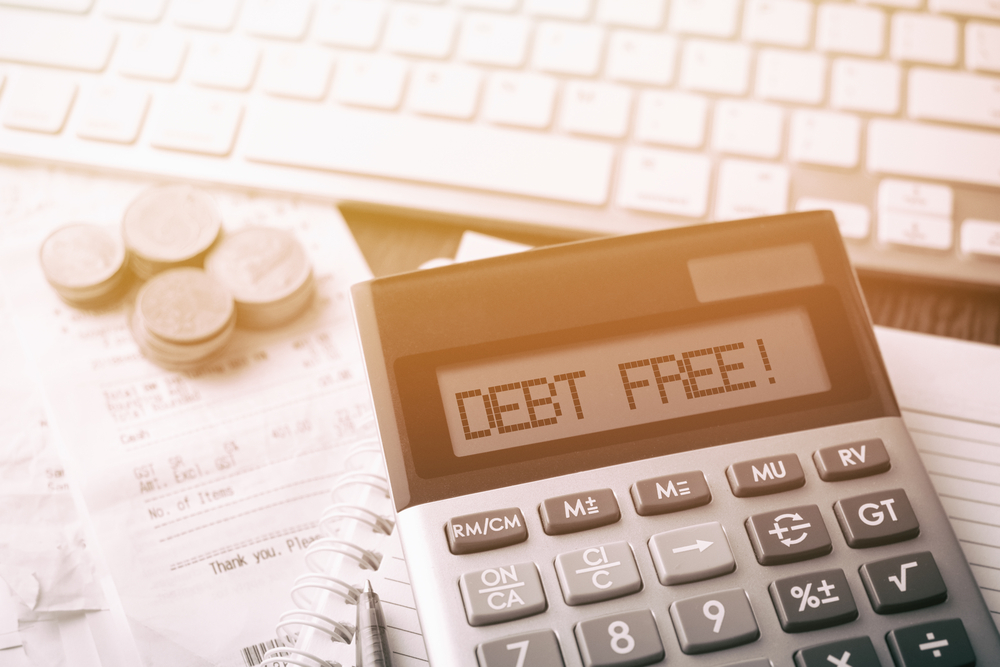
If you’re dealing with serious debt and unable to make ends meet, filing for bankruptcy may be the best solution.
Once your case is complete, you may be debt-free – but, you might also be left having to pay some bills. Bankruptcy doesn’t eliminate all types of debt, so to know where you’ll stand afterwards, you’ll need to consider the financial obligations you have now.
Bankruptcy Can Eliminate Many Types of Debt
A bankruptcy discharge will release you from the obligation of paying many debts. Filing a claim may be to your advantage if you’re having trouble managing any of the following:
- Credit card charges
- Collection agency accounts
- Medical bills
- Personal loans
- Payday loans
- Past-due utility bills
These aren’t the only debts you can see disappear. An experienced bankruptcy lawyer may be able to help you eliminate other financial obligations, such as overdue rent, certain tax penalties and repossession deficiency balances.
Some Debts Survive the Bankruptcy Discharge
Filing for bankruptcy may not wipe the slate completely clean. Some debts will continue to be your responsibility, even after you receive a discharge. The obligations that remain include:
- Court-ordered child support
- Court-ordered alimony
- Recent federal, state and local taxes
- Most student loans
- Government fines and penalties
Debts for deliberate injury to a person and those for death or personal injury caused by driving while intoxicated are also ineligible for discharge in bankruptcy. Court fees, money owed to pension plans and certain condominium dues may also be non-dischargeable.
In addition, you can only eliminate secured debts – such as a mortgage, car loan or home equity line of credit – if you relinquish the property pledged as collateral. So, if you want to keep your home or your car, you’ll need to keep making the required payments.
Is Bankruptcy Your Best Path to Becoming Debt-Free?
All of the above information applies to Chapter 7 bankruptcy, which is the most common type of filing. But for some people, debt consolidation through Chapter 13 bankruptcy is a better option.
Chapter 13 can stop a mortgage foreclosure or car repossession — and provide an affordable means of catching up on missed payments. This type of bankruptcy filing also allows debtors to keep property that isn’t protected under Chapter 7 bankruptcy. Plus, Chapter 13 has a procedure for cramming down secured debts, reducing the amount owed to the actual value of the property.
Bankruptcy isn’t the right choice for everyone, but it might just provide you with a way to become debt-free. If you’d like expert advice on how to set yourself up for a brighter financial future, the Law Office of Davis & Jones, P.C., is here to meet your needs. To schedule a free consultation with an experienced Utah bankruptcy lawyer, contact our office in Salt Lake City today.